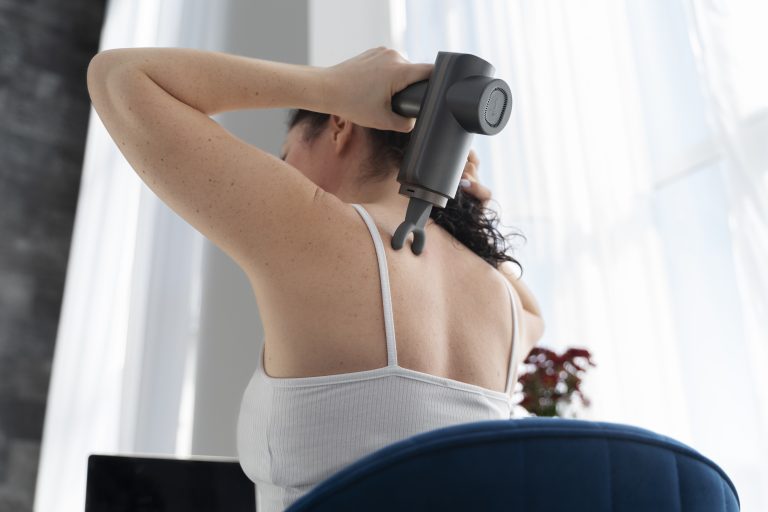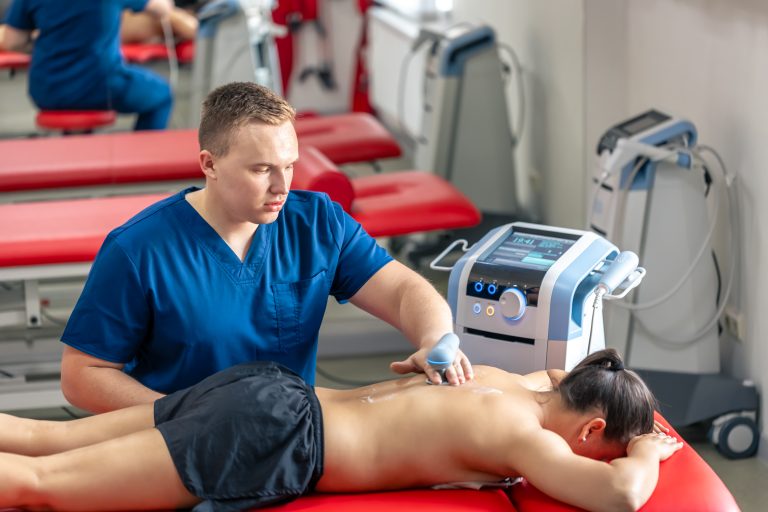Back surgery can be a life-changing step towards alleviating chronic pain and improving mobility. However, recovery plays a pivotal role in the surgery’s overall success. Whether you’re in Sterling Heights, Royal Oak, Warren, or surrounding areas near Michigan, these essential tips will help ensure a smooth recovery process. Additionally, we’ll guide you on how the Spinal Recovery Center, located in 2243 East 12 Mile RoadWarren, Michigan 48092, can support your healing journey. Contact us at (586) 573-8100 or visit spinalrecoverycenter.com for expert assistance.
1. Follow Your Surgeon’s Instructions Closely
The first step to a faster recovery is adhering to your surgeon’s post-operative guidelines. These may include:
- Specific activity restrictions, such as avoiding heavy lifting or twisting motions.
- Instructions for wound care to prevent infection.
- A schedule for follow-up appointments to monitor your progress.
Each patient’s recovery plan is unique, so follow these instructions diligently to avoid setbacks.
2. Start Physical Therapy Early (But Safely)
Physical therapy is a cornerstone of recovery after back surgery. In nearby cities like Troy and Clinton Township, our experts specialize in post-surgical rehabilitation tailored to your needs. Physical therapy helps:
- Strengthen your back and core muscles.
- Restore flexibility and range of motion.
- Reduce scar tissue formation.
At the Spinal Recovery Center, we provide customized physical therapy programs to help patients regain strength while avoiding re-injury.
3. Prioritize Proper Nutrition
Nutrition plays an integral role in tissue healing and overall recovery. Include:
- Protein-rich foods like lean meats, eggs, and legumes to repair muscle tissue.
- Foods high in calcium and vitamin D, such as dairy products and fortified cereals, to support bone health.
- Anti-inflammatory foods like leafy greens, berries, and nuts to reduce swelling.
Avoid processed foods and excessive sugar, as they can slow healing and increase inflammation.
4. Manage Pain Wisely
Pain management is crucial during recovery. While prescription medications may be necessary initially, consider other strategies as well:
- Over-the-counter pain relievers like acetaminophen or ibuprofen (as recommended by your doctor).
- Non-medication methods, such as hot or cold packs and gentle stretching.
- Mindfulness practices, including meditation or deep breathing exercises, to address emotional stress tied to pain.
Patients in Farmington Hills and Bloomfield Hills often find relief through these holistic approaches combined with expert care at our facility.
5. Gradually Resume Daily Activities
Though rest is important, staying inactive for too long can lead to stiffness and prolonged recovery times. Begin with light activities like short walks, then progress gradually under your doctor’s guidance. Avoid:
- Prolonged sitting, which can strain the back.
- High-impact activities that could jar your spine.
At the Spinal Recovery Center, we provide resources to ensure patients in Shelby Township and Rochester Hills regain their independence safely.
6. Sleep in the Right Position
Proper sleeping posture reduces strain on your spine. Consider:
- Sleeping on your back with a pillow under your knees.
- Using a side-sleeping position with a pillow between your knees.
- Avoiding stomach sleeping, as it can arch your back unnaturally.
Invest in a supportive mattress to promote spinal alignment.
7. Watch for Warning Signs
While minor discomfort is normal, certain symptoms should prompt immediate medical attention, including:
- Signs of infection, such as redness, swelling, or oozing at the surgical site.
- Sudden, severe pain or weakness in your legs.
- Loss of bowel or bladder control.
Patients in Southfield and Pontiac should contact their healthcare provider or visit our facility at the first sign of complications.
8. Stay Hydrated
Hydration is essential for healing. Water helps transport nutrients to the surgical site and flushes out toxins. Aim for at least 8-10 glasses of water daily, especially if you’re taking medications that can dehydrate you.
9. Consider Spinal Decompression Therapy
For some patients, post-surgical spinal decompression therapy can enhance recovery. This non-invasive technique helps relieve pressure on the spine, reducing pain and improving mobility. Our experts in Macomb Township and Auburn Hills offer this innovative treatment to support long-term recovery.
10. Lean on Professional Support
The Spinal Recovery Center offers a multidisciplinary approach to help patients recover quickly and safely. From physical therapy to spinal decompression and pain management, we provide comprehensive care designed to meet the unique needs of residents in Ann Arbor, Lansing, and beyond.




